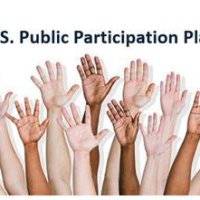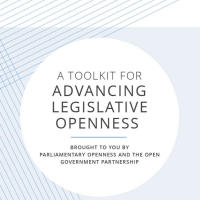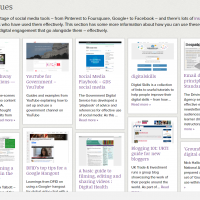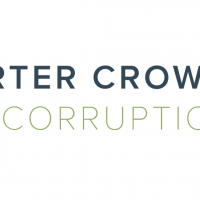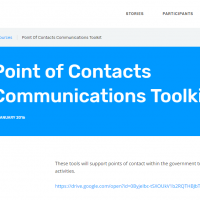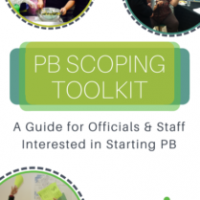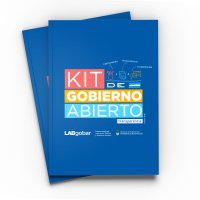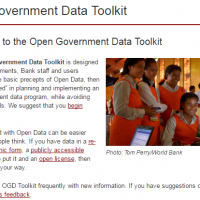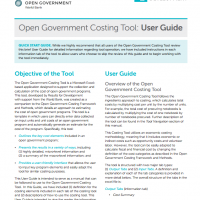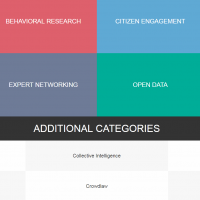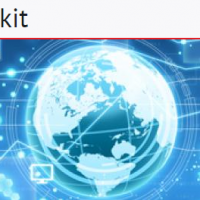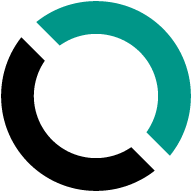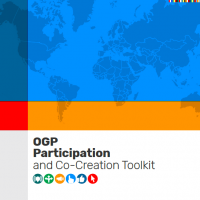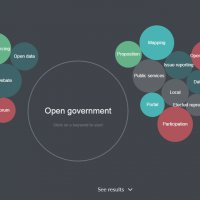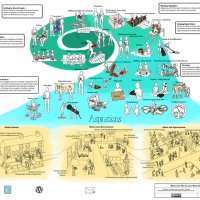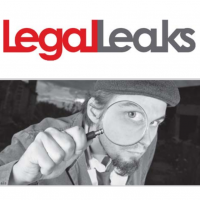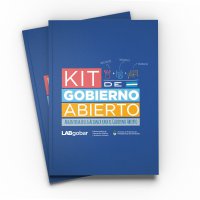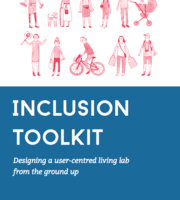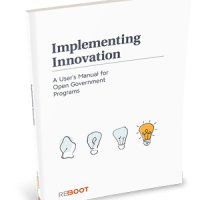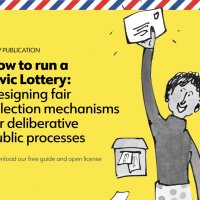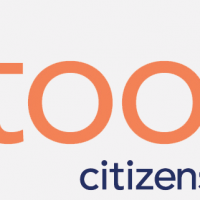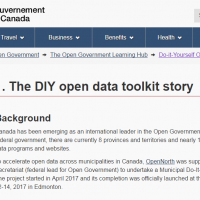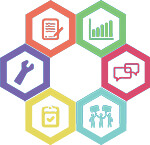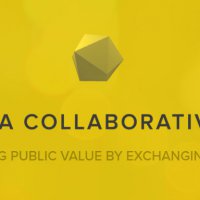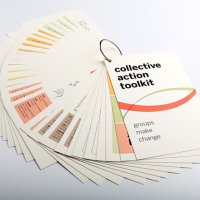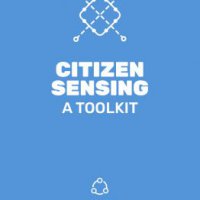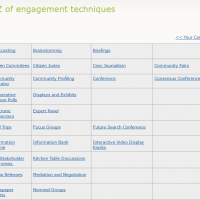Public communication plays an essential role in the everyday lives of citizens, who increasingly expect instantaneous access to information from and engagement with their governments. Whether it is to make informed decisions, learn about rights and duties, or advocate for policy change, citizens and civil society organisations rely on governments’ ability to disseminate relevant information. Communication is also a key government lever to raise awareness of open government reforms and help change behaviours. As such, it is important that governments communicate clearly what they are doing to deliver open government strategies and initiatives, why they are doing it, and what benefits this offers citizens and other stakeholders. This section presents guidance on how to effectively communicate open government strategies and initiatives and how to use public communication as a strategic tool to support policy implementation and service delivery, as well as to enhance transparency and participation.
See cases from others doing this in government
Find experts and advisers who can assist whith this
Toolkits
We're working on adding more toolkits in this discipline or practice.


